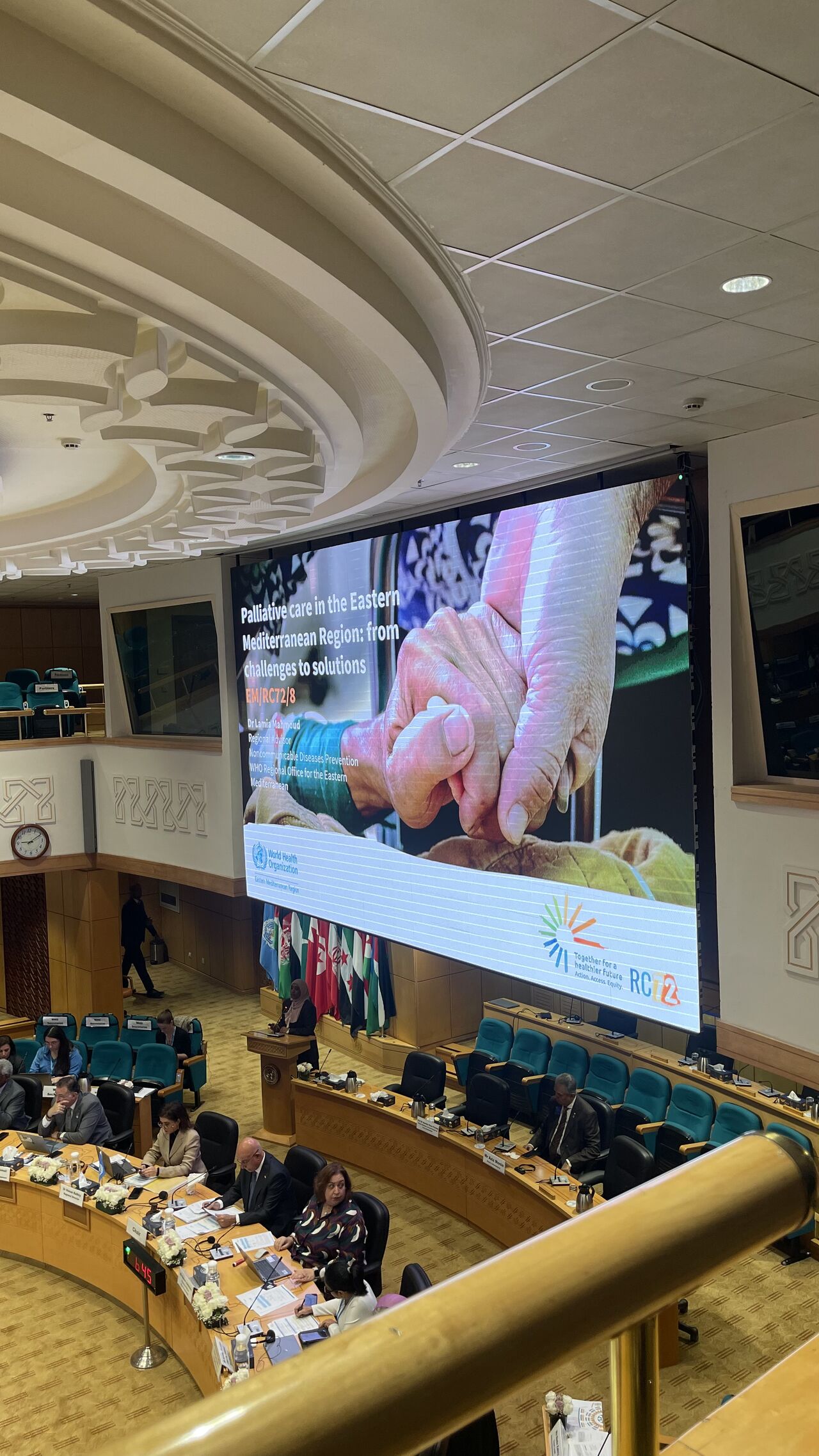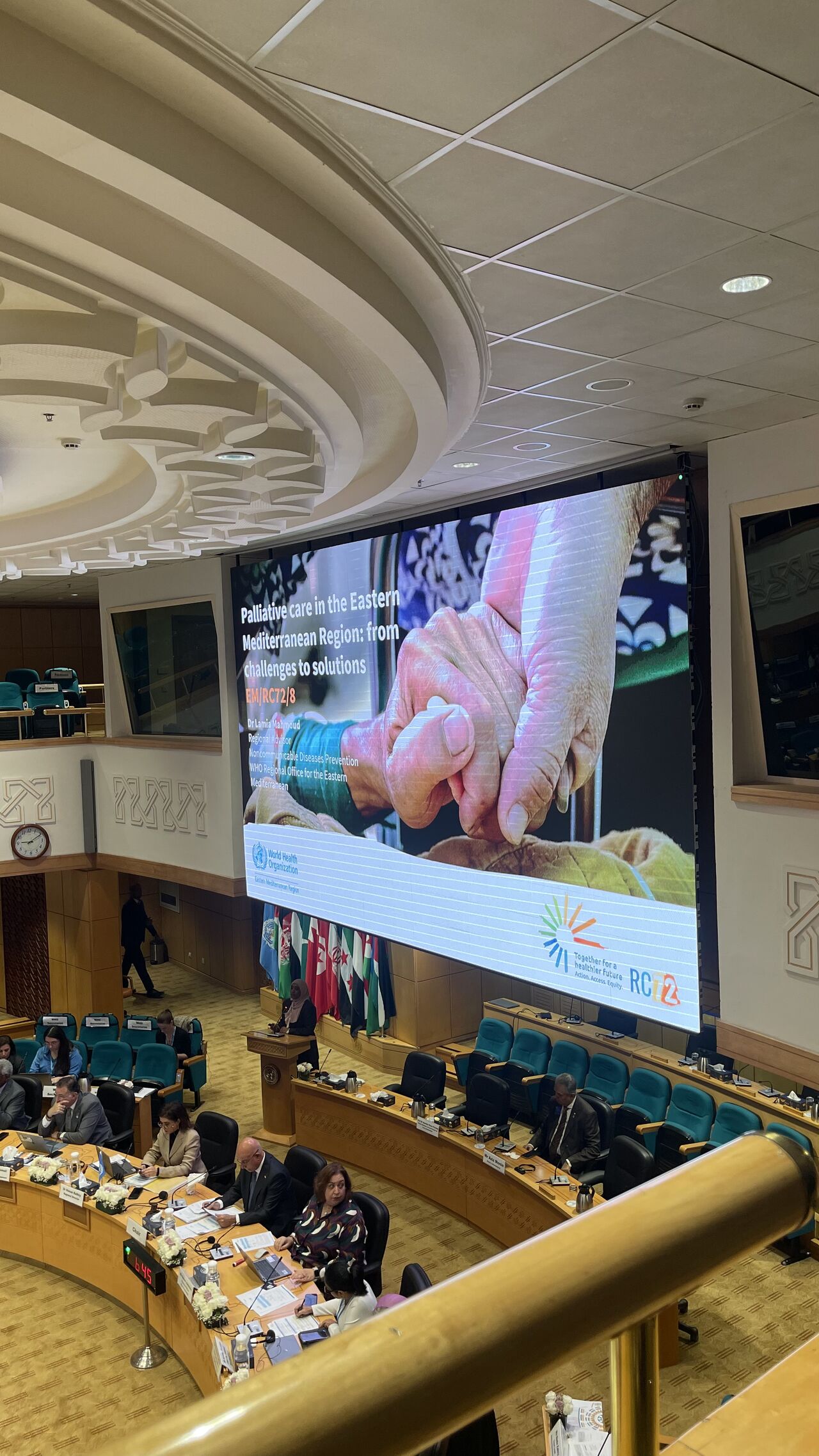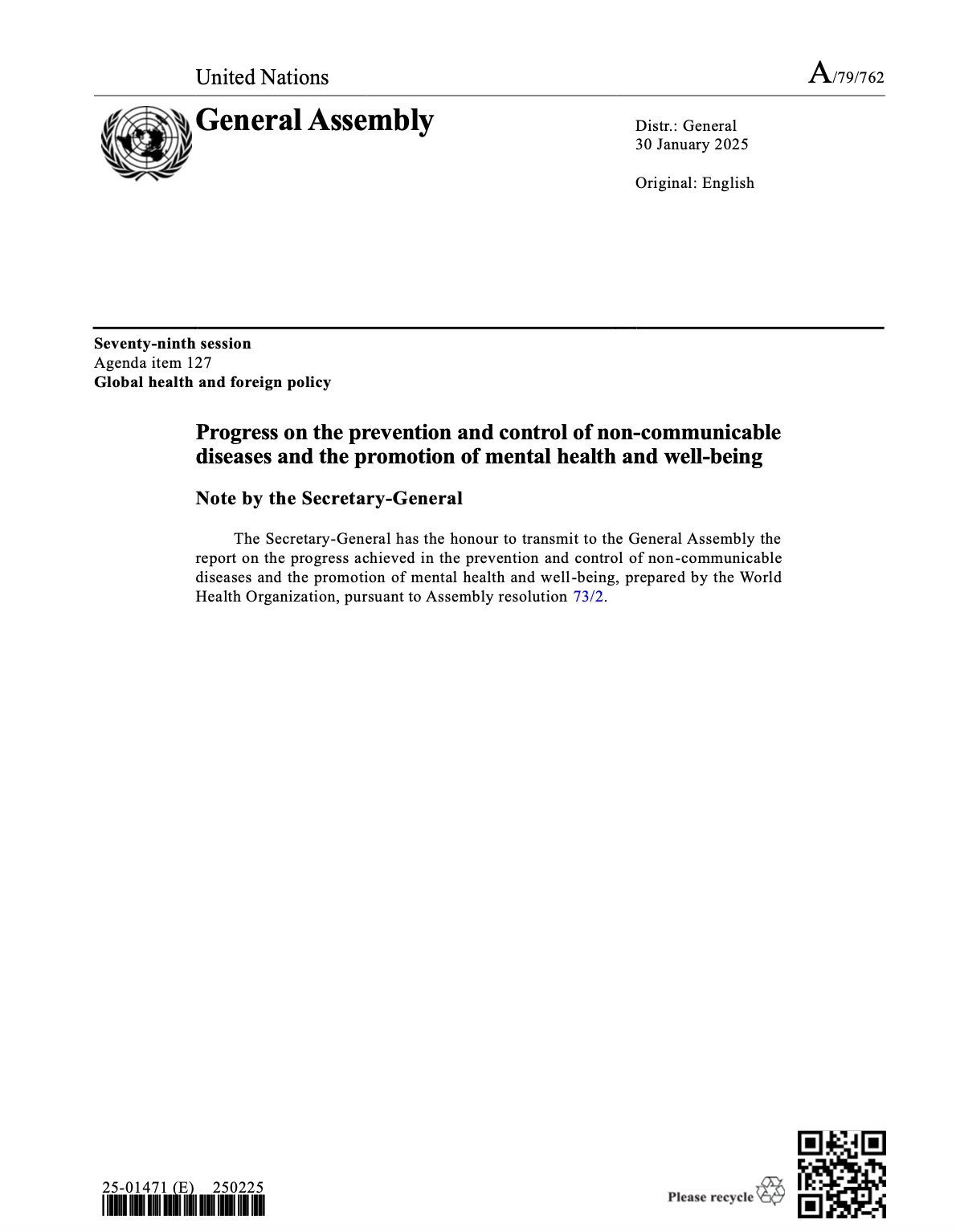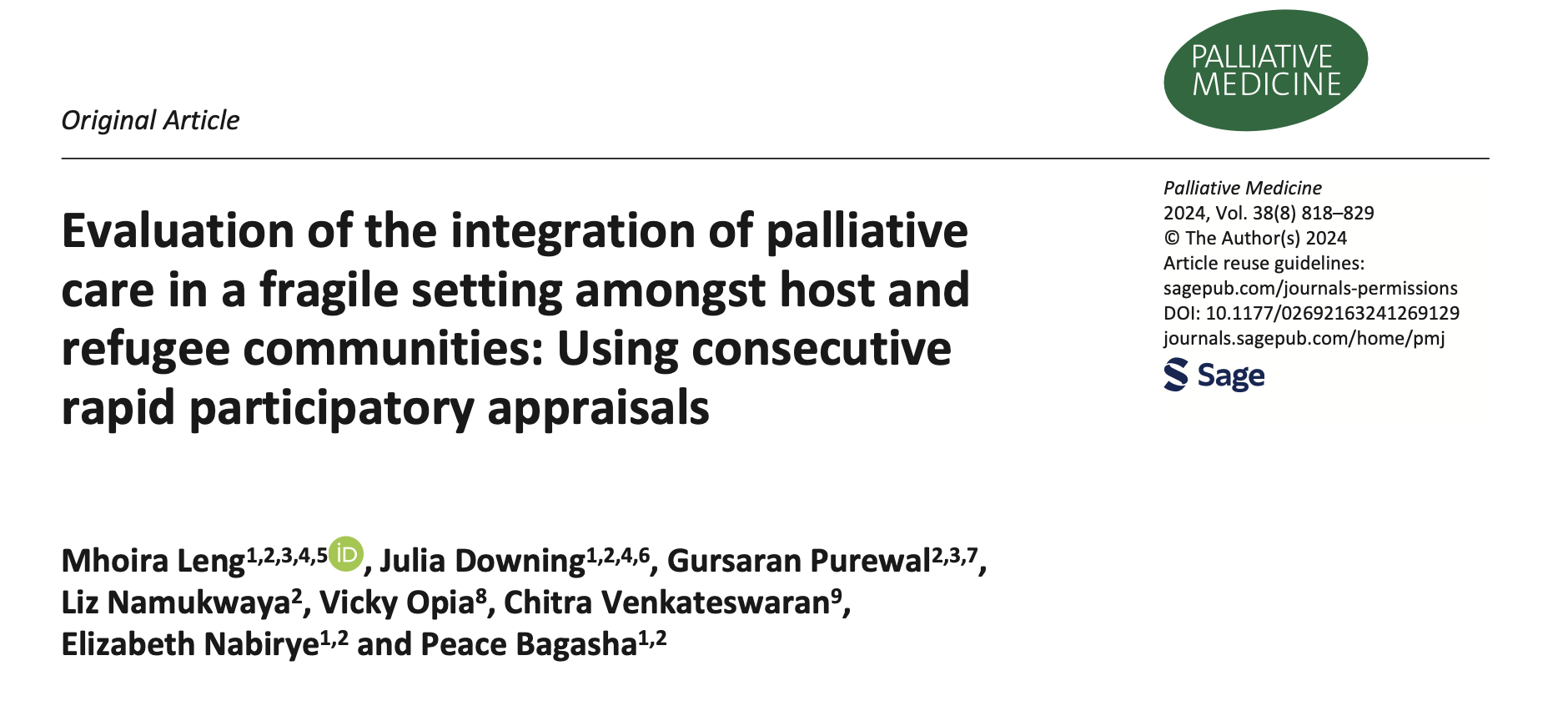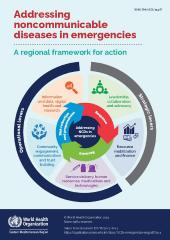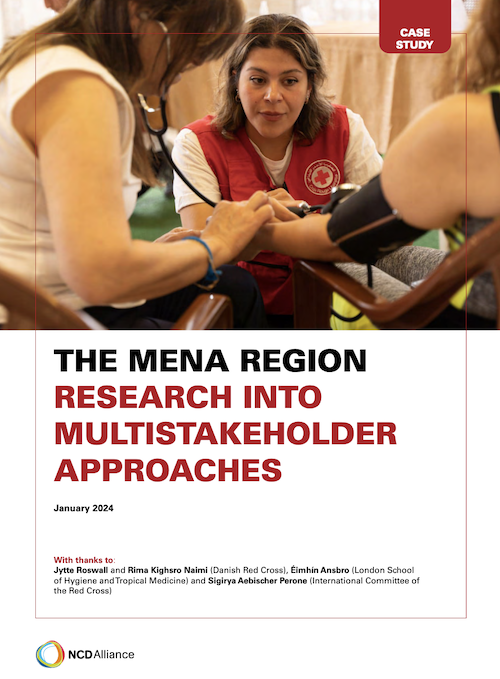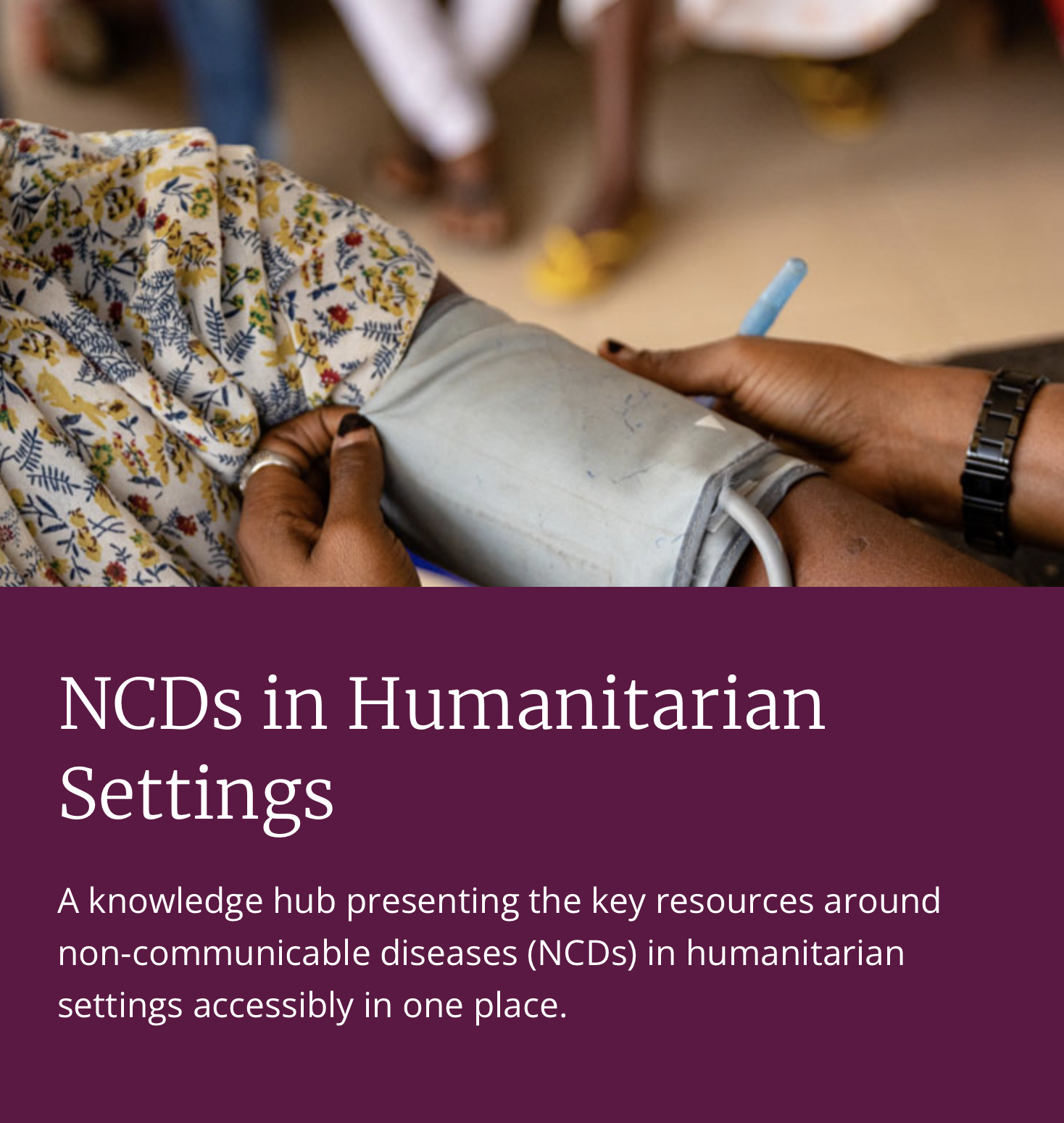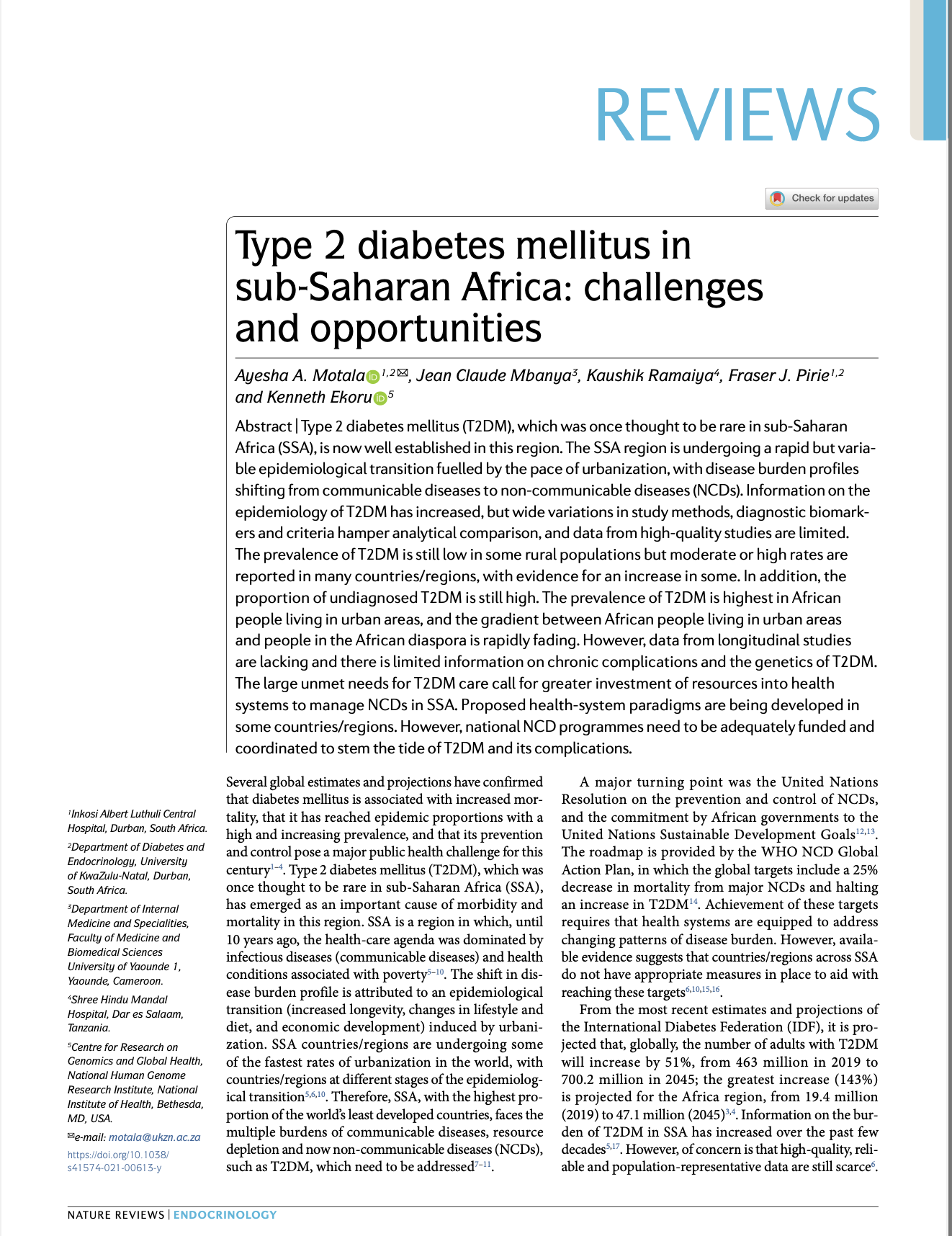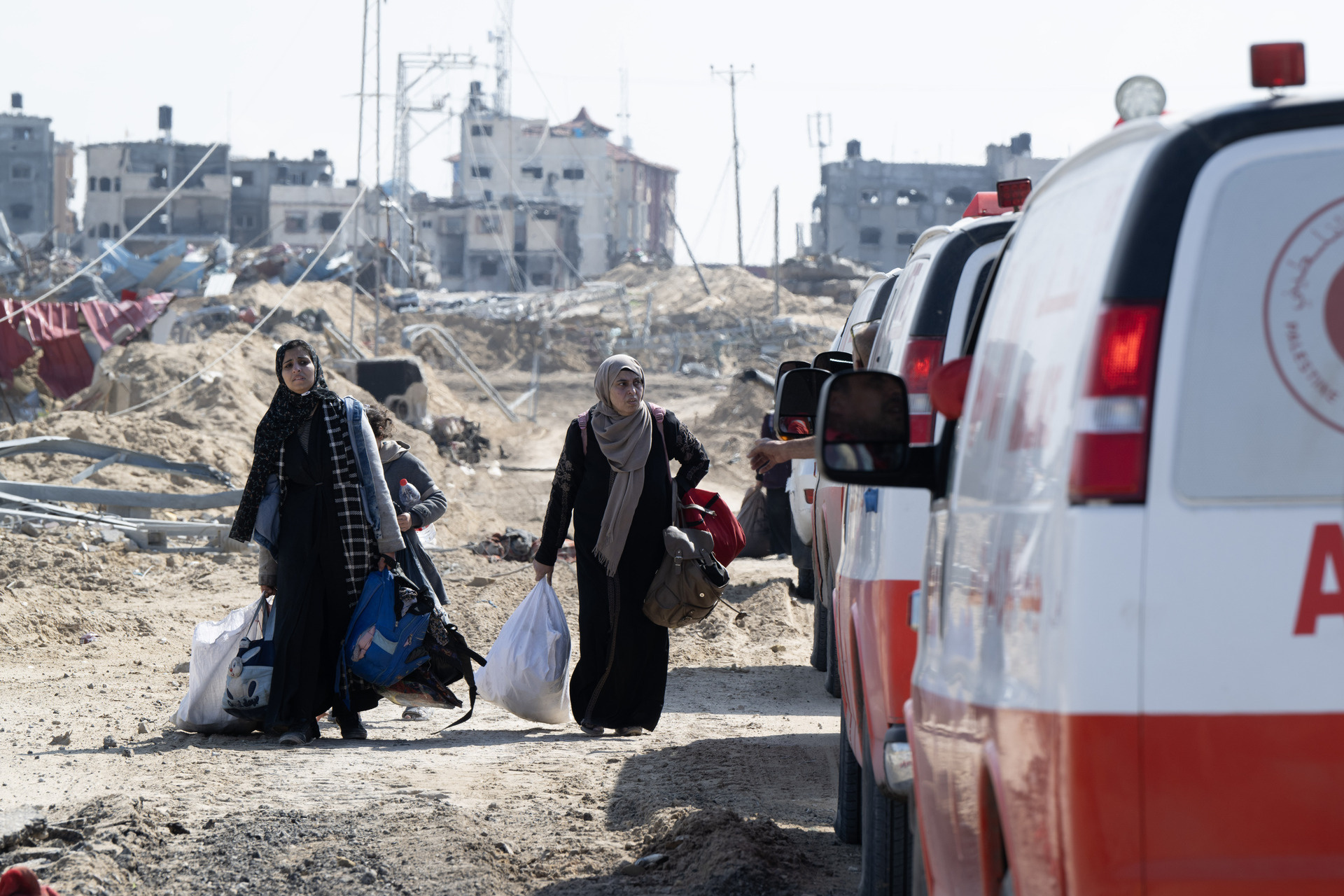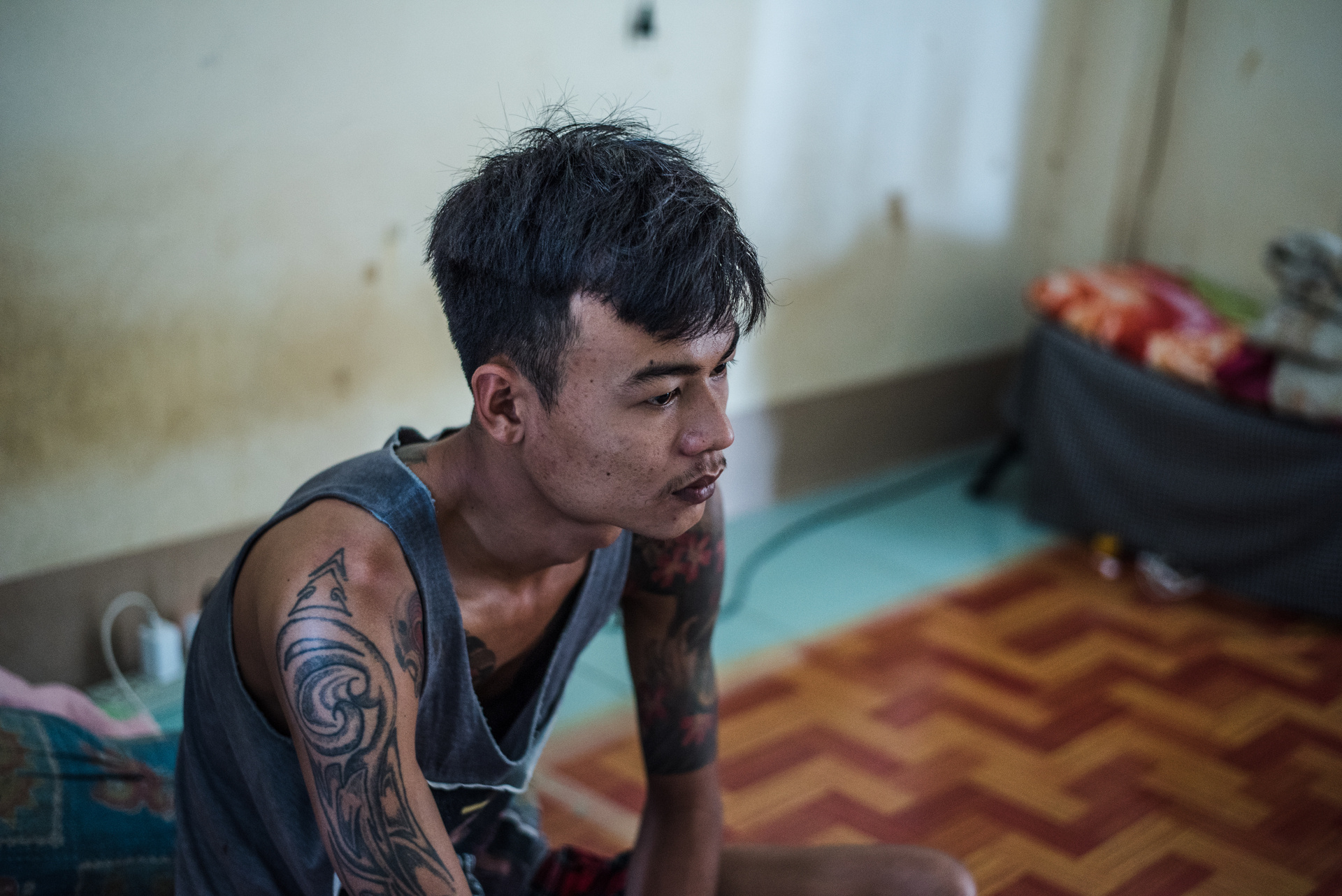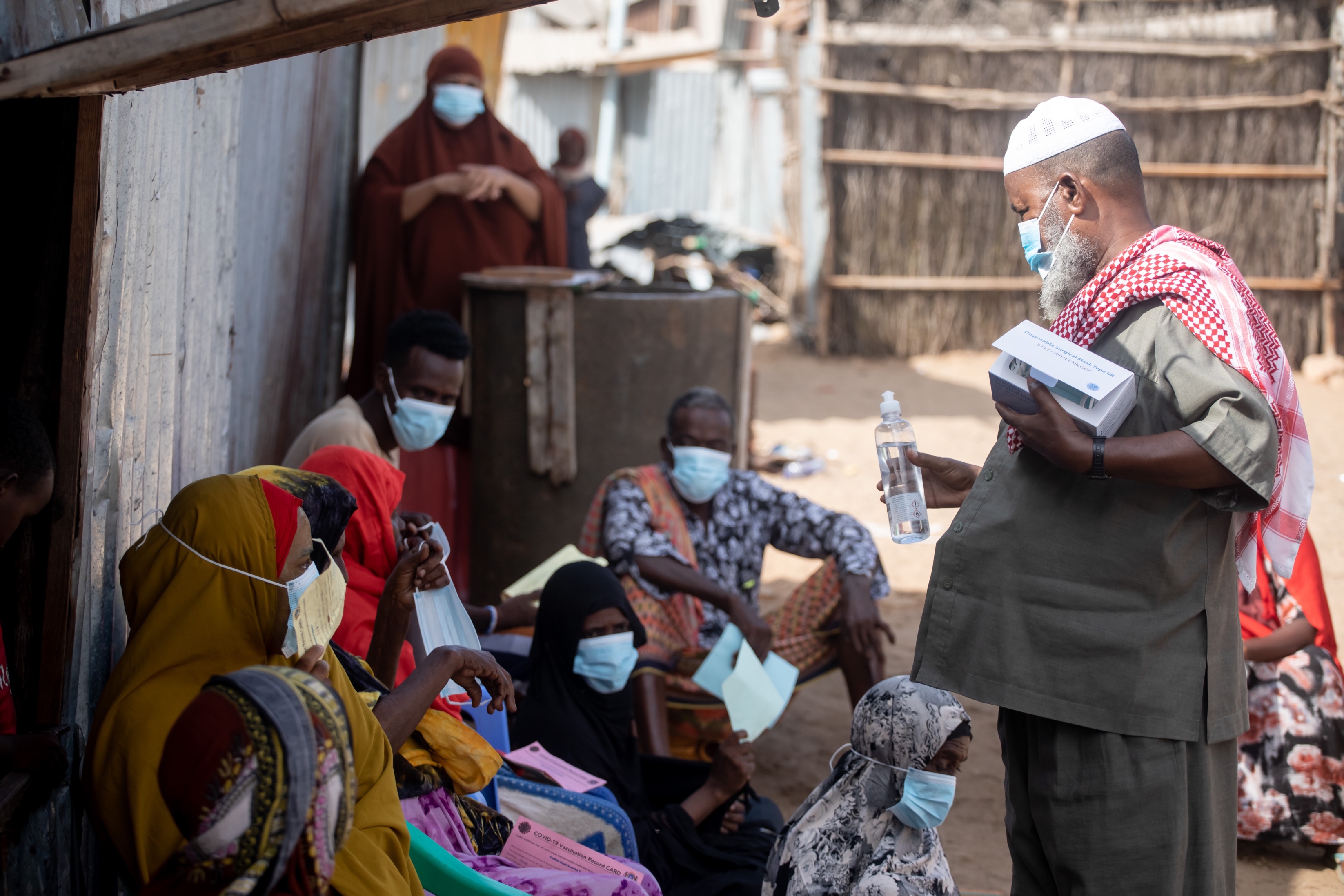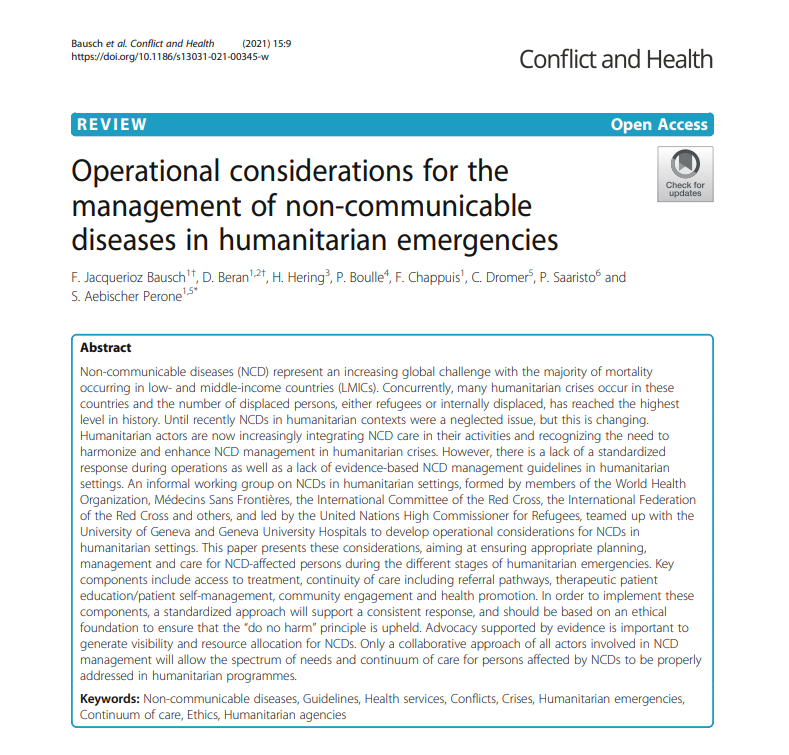WHO Regional Office for the Eastern Mediterranean
Resolution: Palliative care in the Eastern Mediterranean Region: from challenges to solutions ( (EM/RC72/R.4)
Publication
20 Oct 2025
The resolution urges Member States to integrate palliative care into national health systems — including universal health coverage benefit packages, primary and hospital-based services, and home/community care — while also ensuring access to esse...

